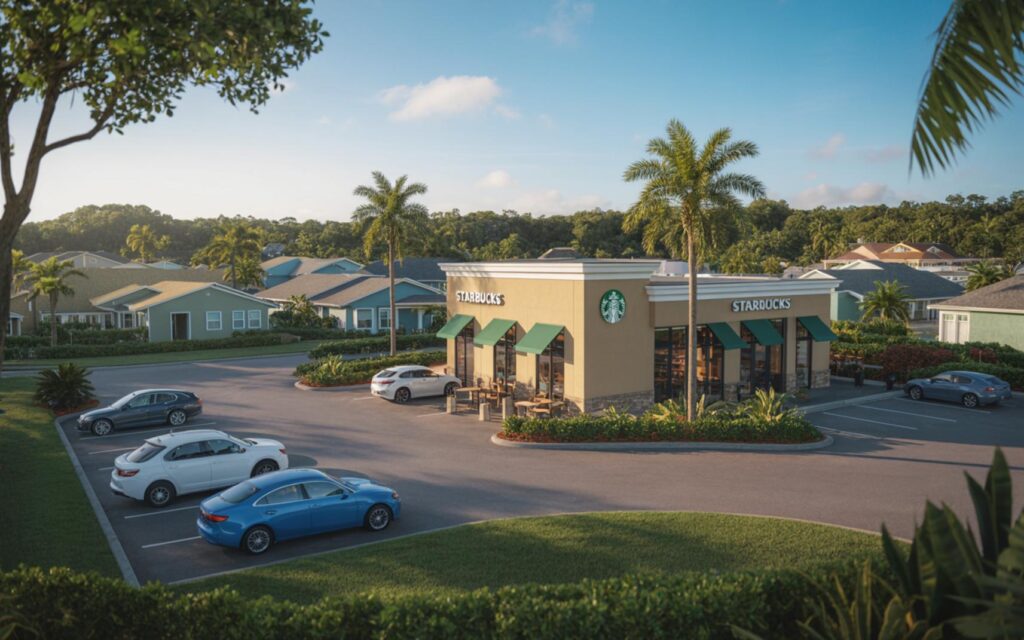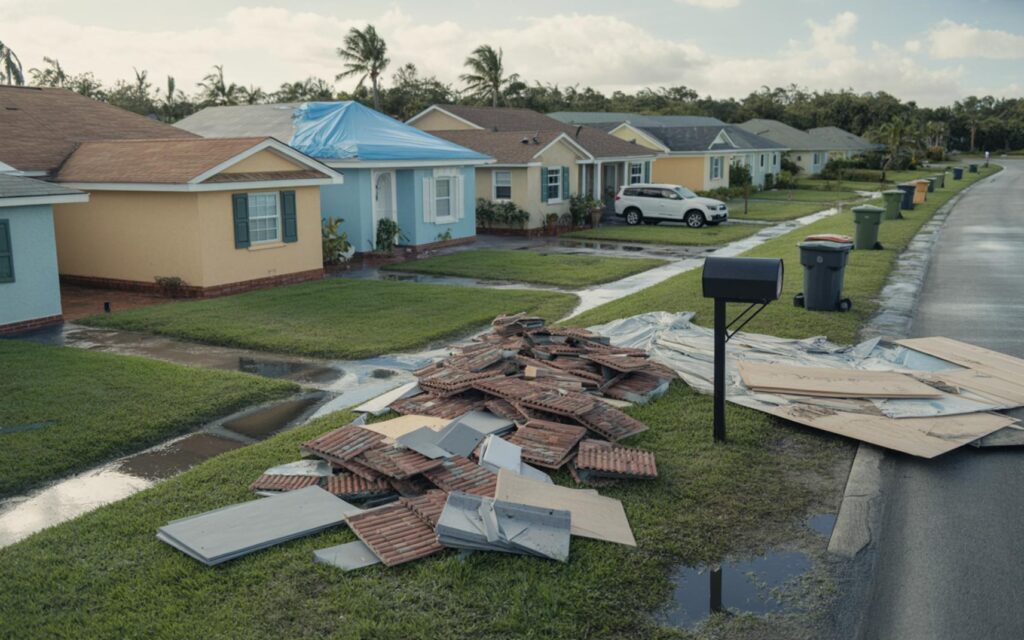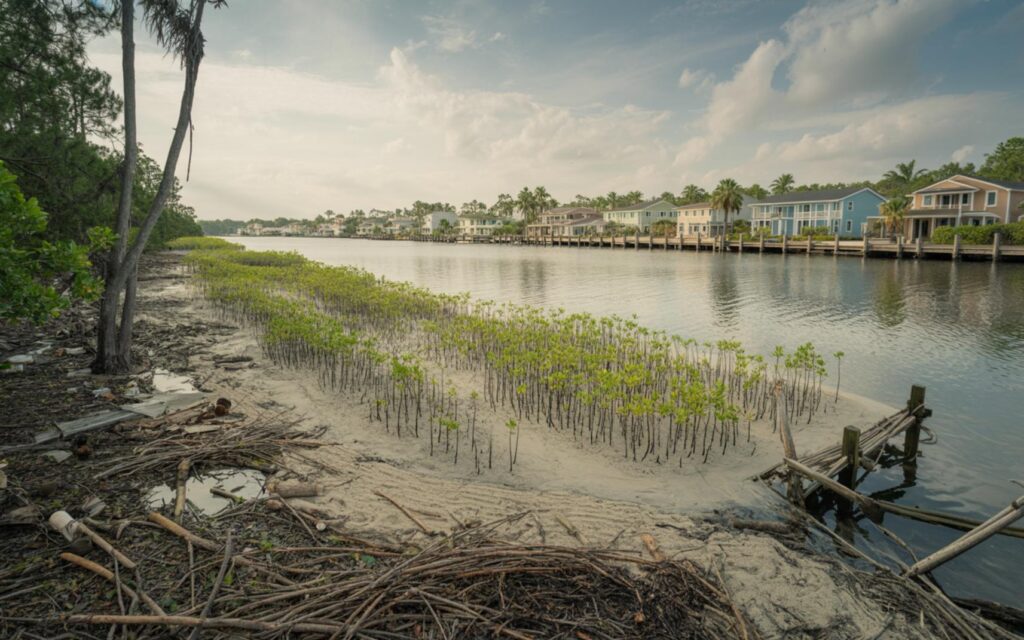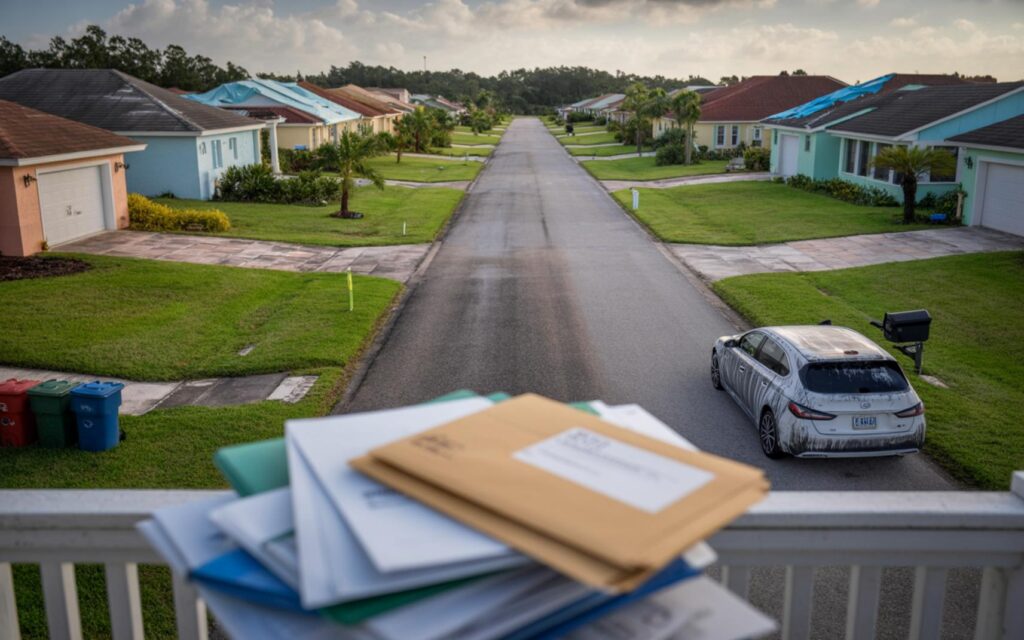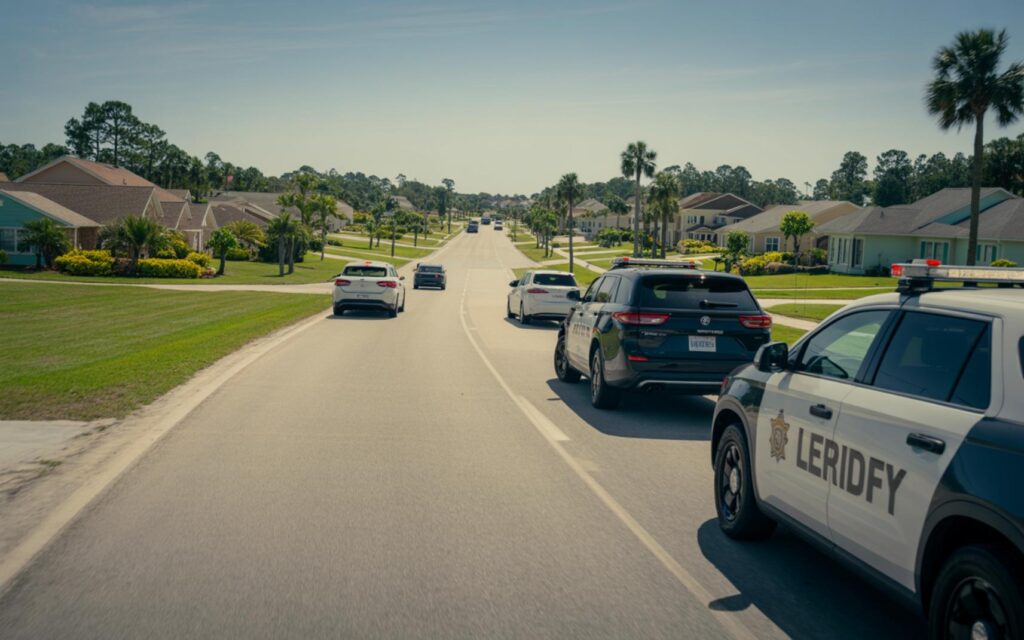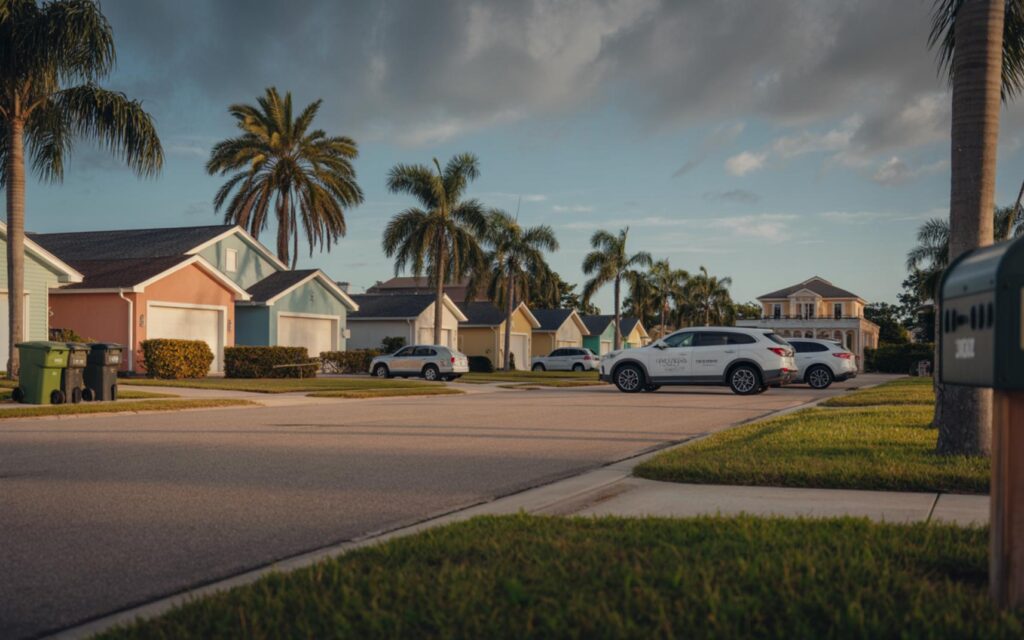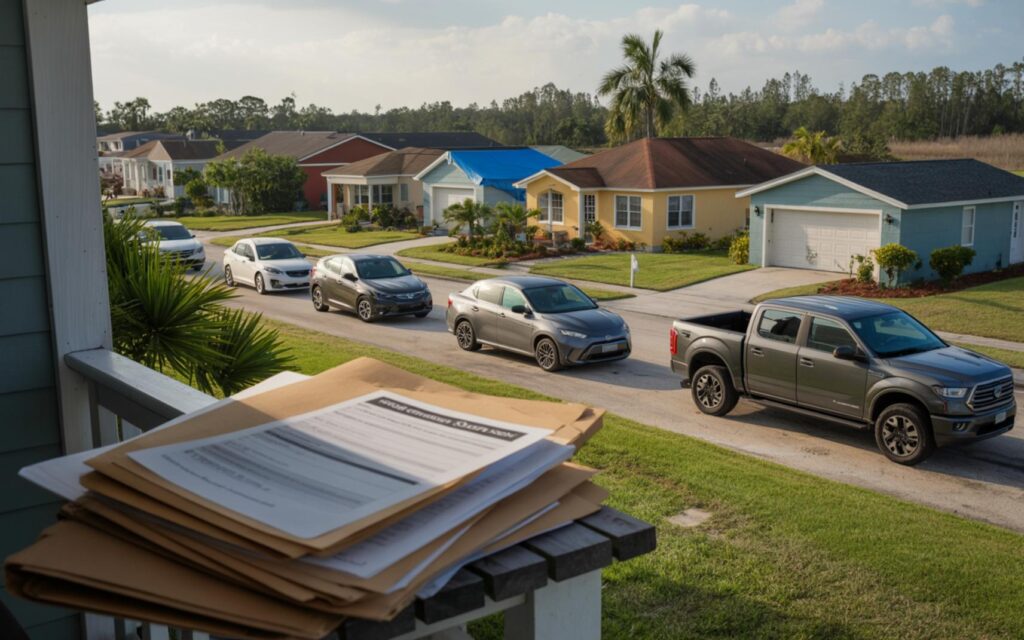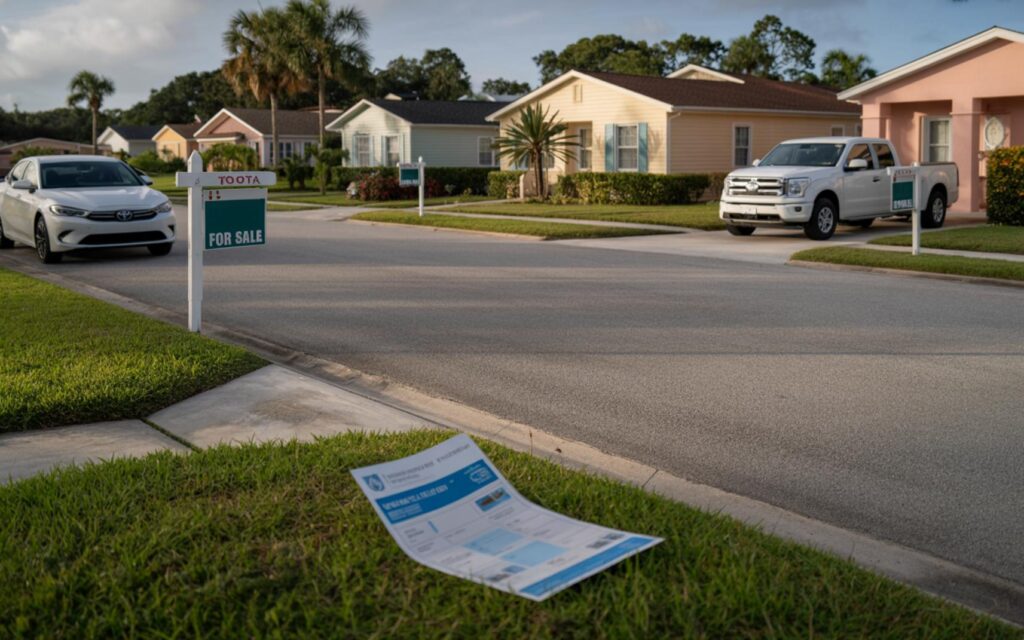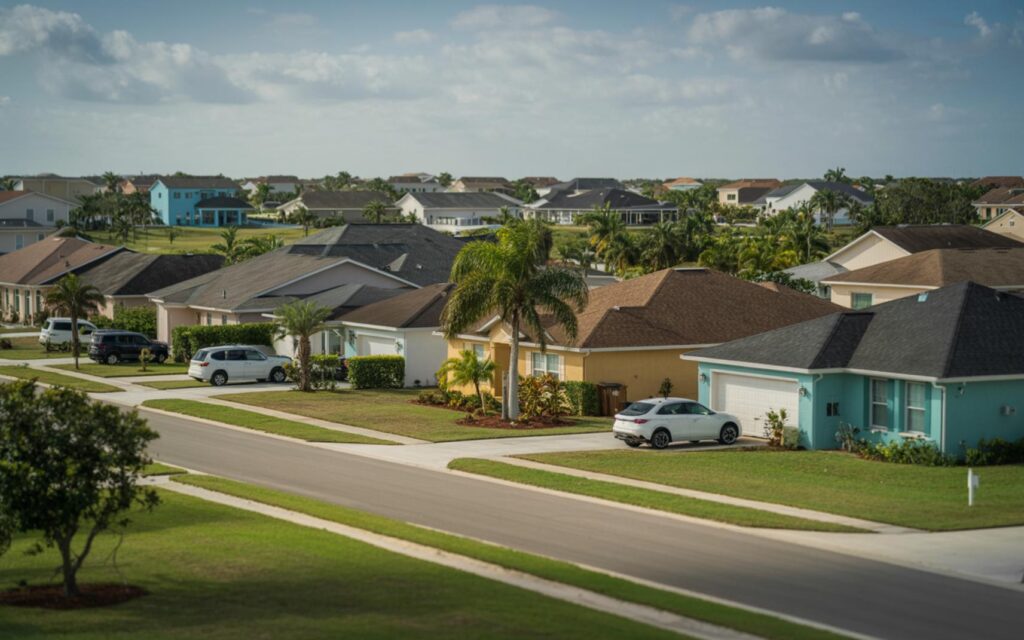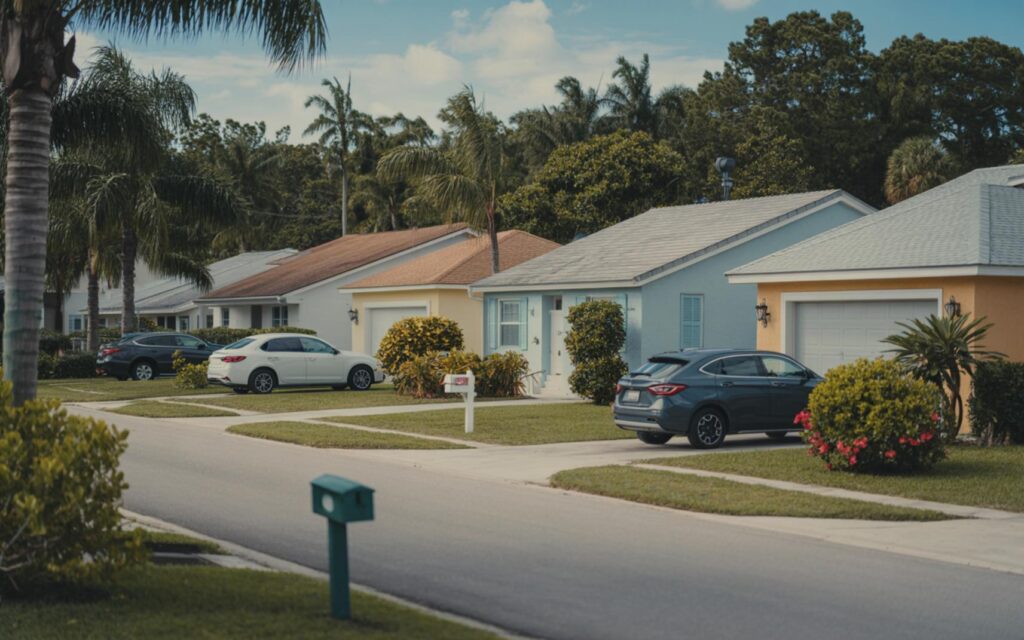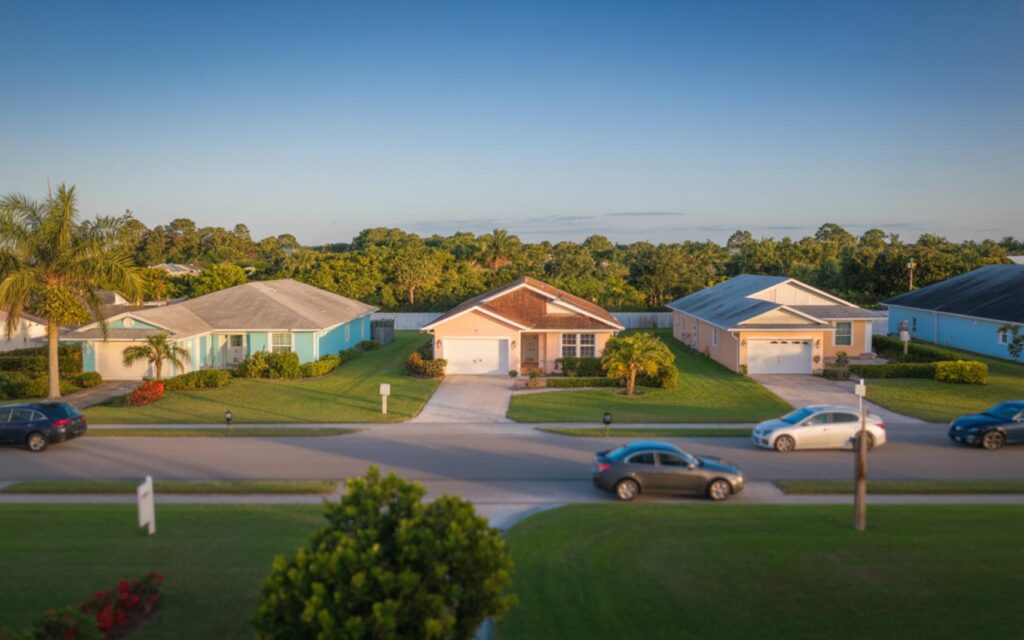The Treasure Coast tegu lizard infestation is rapidly becoming a significant environmental concern, particularly in St. Lucie County, Florida. According to the Florida Fish and Wildlife Conservation Commission (FWC), the population of Argentine black and white tegu lizards, a non-native invasive species, is increasing swiftly, posing a threat to local ecosystems. Learn more about the threat these lizards pose to local wildlife.
Rapid Growth of Tegu Lizards on the Treasure Coast
St. Lucie County, especially the area west of Fort Pierce, has become a hotspot for the invasive Argentine black and white tegu lizard. Recent data indicates that over 1,500 tegus have already been captured in this region alone. Neighboring counties, including Martin and Indian River, have also reported sightings and captures, highlighting the widespread nature of the infestation.
Originally from South America, these lizards were once popular exotic pets. However, their release into the wild, either intentionally or accidentally, has allowed them to thrive in Florida’s warm climate. Busch Wildlife Sanctuary’s Chief Operations Officer, Christen Mason, explained that tegu lizards are highly adaptable to Florida’s environment, enabling their populations to expand rapidly.
Environmental Impact of the Treasure Coast Tegu Lizard Infestation
The presence of these invasive reptiles is causing significant ecological disruption. Tegu lizards are known to consume eggs of native species, including those of alligators, birds, and the threatened gopher tortoise. This predation not only impacts individual species but also disrupts the broader ecological balance in the region.
Mason emphasized the severity of the situation, stating that the invasive lizards’ dietary habits pose a direct threat to native wildlife populations. The tegu’s adaptability and voracious appetite make it a particularly challenging invasive species to manage. Read more about the environmental risks posed by tegus.
FWC’s Response to the Tegu Lizard Infestation
In response to the growing infestation, the Florida Fish and Wildlife Conservation Commission has initiated several measures to control the spread of tegu lizards. Residents who spot these invasive reptiles are encouraged to photograph the animals and immediately report their sightings to the FWC’s Exotic Species Hotline.
Additionally, the FWC is conducting public meetings to discuss proposed rule changes related to non-native species. Topics include new caging requirements for juvenile tegus and stricter regulations surrounding prohibited pet permits. The U.S. Fish and Wildlife Service has also been actively involved in monitoring and managing invasive species across the country.
Upcoming Public Meetings on Invasive Species Regulations
- Thursday, March 27: 1-3 p.m. and 6-8 p.m.
- Saturday, March 29: Noon to 2 p.m.
These meetings offer residents the opportunity to learn more about the infestation and participate in discussions on managing non-native wildlife.
How Residents Can Help Combat the Treasure Coast Tegu Lizard Infestation
Community involvement is critical in addressing this invasive species issue. Residents are advised to:
- Report sightings immediately to the FWC Exotic Species Hotline.
- Never release exotic pets into the wild.
- Participate in community education programs to raise awareness.
By taking proactive steps, residents can help mitigate the environmental damage caused by these invasive reptiles. Learn how the community is working to control the tegu population. For further information on invasive species management, visit the U.S. Geological Survey, which provides extensive research and data on invasive wildlife.
Frequently Asked Questions About Treasure Coast Tegu Lizard Infestation
What is the Treasure Coast tegu lizard infestation?
The Treasure Coast tegu lizard infestation refers to the rapid increase of Argentine black and white tegu lizards, a non-native invasive species, in areas like St. Lucie County. These lizards threaten local wildlife and ecosystems by preying on native species’ eggs.
How much damage can tegu lizards cause?
Tegu lizards can cause significant environmental damage by eating eggs of native animals such as birds, alligators, and the threatened gopher tortoise. This predation disrupts local ecosystems and threatens biodiversity.
Are there tegu lizards in other parts of Florida besides the Treasure Coast?
Yes, tegu lizards have been spotted in various parts of Florida. However, the Treasure Coast, particularly St. Lucie County, has become a significant hotspot with a high concentration of these invasive reptiles.
Can you legally own a tegu lizard as a pet in Florida?
Florida has strict regulations regarding ownership of invasive species like tegu lizards. Currently, owning a tegu lizard requires specific permits and adherence to state guidelines, which are becoming increasingly strict due to the environmental threat they pose.
Where are tegu lizards originally from?
Tegu lizards are originally from South America, particularly Argentina. They were introduced to Florida primarily through the exotic pet trade and have adapted well to the state’s warm climate.
Port St Lucie Talks




